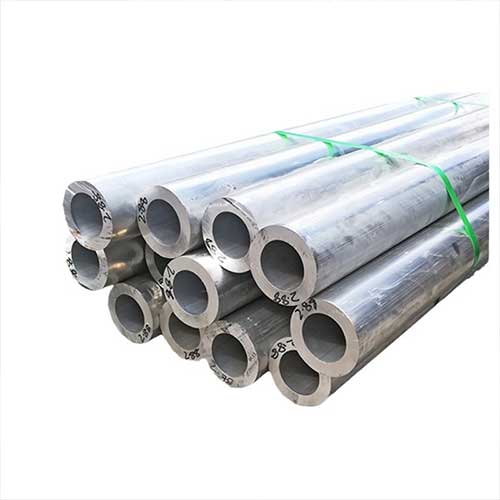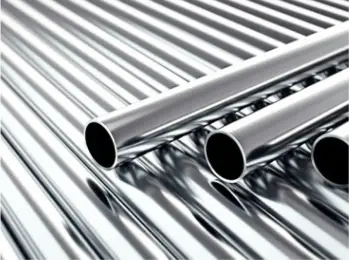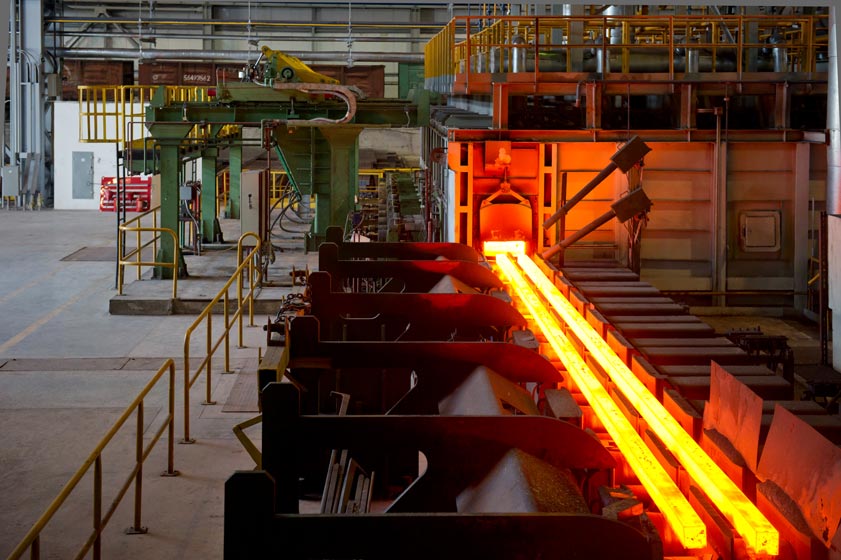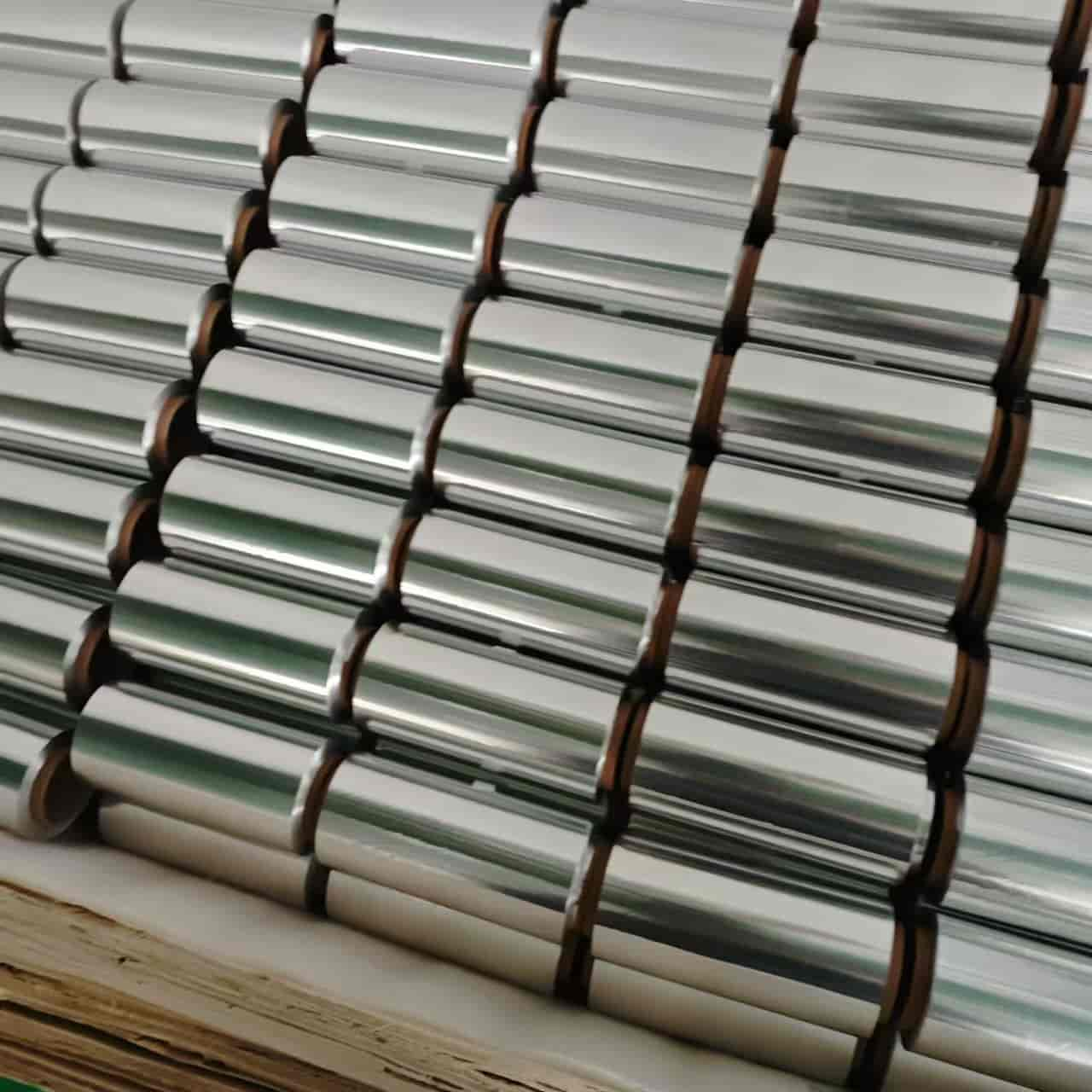Welcome to My Blog!
Before we dive into the content, I’d love for you to join me on my social media platforms where I share more insights, engage with the community, and post updates. Here’s how you can connect with me:
Facebook:https://www.facebook.com/profile.php?id=61565500692293
Now, let’s get started on our journey together. I hope you find the content here insightful, engaging, and valuable.
Table of Contents
Introduction

Aluminum tubes have become an essential material in modern manufacturing, construction, and engineering. Known for their lightweight nature, exceptional strength, and corrosion resistance, aluminum tubes offer a versatile solution for various applications across industries. Whether in aerospace, automotive, architecture, or everyday household products, these tubes are integral in enhancing durability and functionality.
This comprehensive guide delves into the properties of aluminum tubes, their popular uses, and why they are a preferred choice for manufacturers. By understanding their characteristics and advantages, businesses and individuals can make informed decisions for their projects.
Key Properties of Aluminum Tubes
Lightweight and High Strength
One of the standout features of aluminum tubes is their lightweight nature. Compared to materials like steel, aluminum offers a high strength-to-weight ratio, making it ideal for industries that prioritize both durability and ease of handling.
Corrosion Resistance
Aluminum naturally forms a protective oxide layer, offering excellent resistance to rust and corrosion. This property makes aluminum tubes suitable for outdoor and marine applications.
Thermal and Electrical Conductivity
Aluminum is a good conductor of heat and electricity, making its tubes a popular choice in applications like HVAC systems and electrical conduits.
Ease of Fabrication
Aluminum tubes are easy to cut, bend, and weld, providing flexibility for custom designs and specific requirements.
Types of Aluminum Tubes


Aluminum tubes come in various shapes and specifications to meet diverse application needs.
Round Tubes
These are the most common type, used in construction, automotive, and aerospace applications due to their strength and versatility.
Square Tubes
Square aluminum tubes offer greater structural stability and are often used in frameworks and architectural designs.
Rectangular Tubes
With a sleek design and excellent load-bearing capacity, rectangular tubes are widely used in furniture and machinery.
Custom Extrusions
Custom aluminum extrusions allow manufacturers to create unique profiles tailored to specific needs, such as complex industrial components.
Table: Comparison of Different Types of Aluminum Tubes
| Tube Shape | Common Applications | Key Advantages |
|---|---|---|
| Round Tubes | Aerospace, automotive, piping systems | High strength, versatile |
| Square Tubes | Frameworks, railings, architectural designs | Stability, aesthetic appeal |
| Rectangular Tubes | Furniture, construction, machinery | Load-bearing capacity, sleek design |
| Custom Extrusions | Industrial components, specialized designs | Tailored solutions, unique profiles |
Popular Uses of Aluminum Tubes
Construction and Architecture
Aluminum tubes are widely used in the construction of lightweight structures, roofing systems, and window frames. Their corrosion resistance ensures longevity in both residential and commercial buildings.
Aerospace and Automotive Industries
The aerospace and automotive sectors benefit from the high strength-to-weight ratio of aluminum tubes. They are used in airplane fuselages, car chassis, and bicycle frames to reduce weight while maintaining structural integrity.
HVAC Systems and Refrigeration
Aluminum tubes are efficient conductors of heat, making them essential in HVAC systems, refrigeration units, and heat exchangers.
Marine Applications
Due to their corrosion resistance, aluminum tubes are ideal for marine environments, including boat masts, handrails, and structural components.
Furniture and Interior Design
In modern furniture design, aluminum tubes are used for making lightweight and stylish chairs, tables, and storage units.
Electrical and Industrial Applications
Aluminum tubes serve as electrical conduits and protective casings for wiring in industrial settings, ensuring safety and efficiency.
Benefits of Using Aluminum Tubes
Lightweight Yet Strong
The high strength-to-weight ratio reduces the load on structures and vehicles, improving efficiency and fuel economy.
Cost-Effective
Aluminum tubes offer durability and low maintenance, making them a cost-effective option for long-term projects.
Environmentally Friendly
Aluminum is 100% recyclable, reducing environmental impact and promoting sustainable practices.
Versatility
Their adaptability to various industries and applications makes aluminum tubes a go-to material for manufacturers.
Tips for Selecting the Right Aluminum Tube

Determine the Application
Understand the specific needs of your project, such as load requirements, environmental conditions, and design specifications.
Choose the Right Alloy
Different aluminum alloys offer varying strengths and properties. Consult with suppliers or engineers to select the most suitable option.
Evaluate Dimensions
Ensure the tube size and wall thickness align with the intended use to maintain structural integrity.
Consider Finishing Options
Anodizing, powder coating, or polishing can enhance the tube’s appearance and resistance to environmental factors.
Conclusion
Aluminum tubes are a versatile and indispensable material in various industries. Their unique properties, including lightweight construction, corrosion resistance, and thermal conductivity, make them suitable for a wide range of applications. By understanding the different types of aluminum tubes and their benefits, manufacturers can leverage these materials to create durable, efficient, and cost-effective products.
As technology and design continue to evolve, aluminum tubes remain at the forefront of innovation, offering solutions for modern challenges in construction, transportation, and beyond.
FAQ
What are the main advantages of aluminum tubes?
Aluminum tubes are lightweight, strong, corrosion-resistant, and easy to fabricate, making them ideal for various applications.
Where are aluminum tubes commonly used?
They are used in industries like construction, aerospace, automotive, HVAC systems, marine environments, and furniture manufacturing.
What types of aluminum tubes are available?
The main types are round, square, rectangular, and custom extrusions, each suited for specific applications.
Are aluminum tubes environmentally friendly?
Yes, aluminum is 100% recyclable and promotes sustainable practices.
Can aluminum tubes be welded?
Yes, aluminum tubes can be welded, though proper techniques and equipment are necessary for quality results.
How do I choose the right aluminum tube for my project?
Consider factors like application requirements, alloy type, dimensions, and finishing options.
Are aluminum tubes suitable for outdoor use?
Yes, their natural corrosion resistance makes them ideal for outdoor and marine applications.
How do aluminum tubes compare to steel tubes?
Aluminum tubes are lighter and more corrosion-resistant, while steel tubes are generally stronger and better suited for heavy-duty applications.





